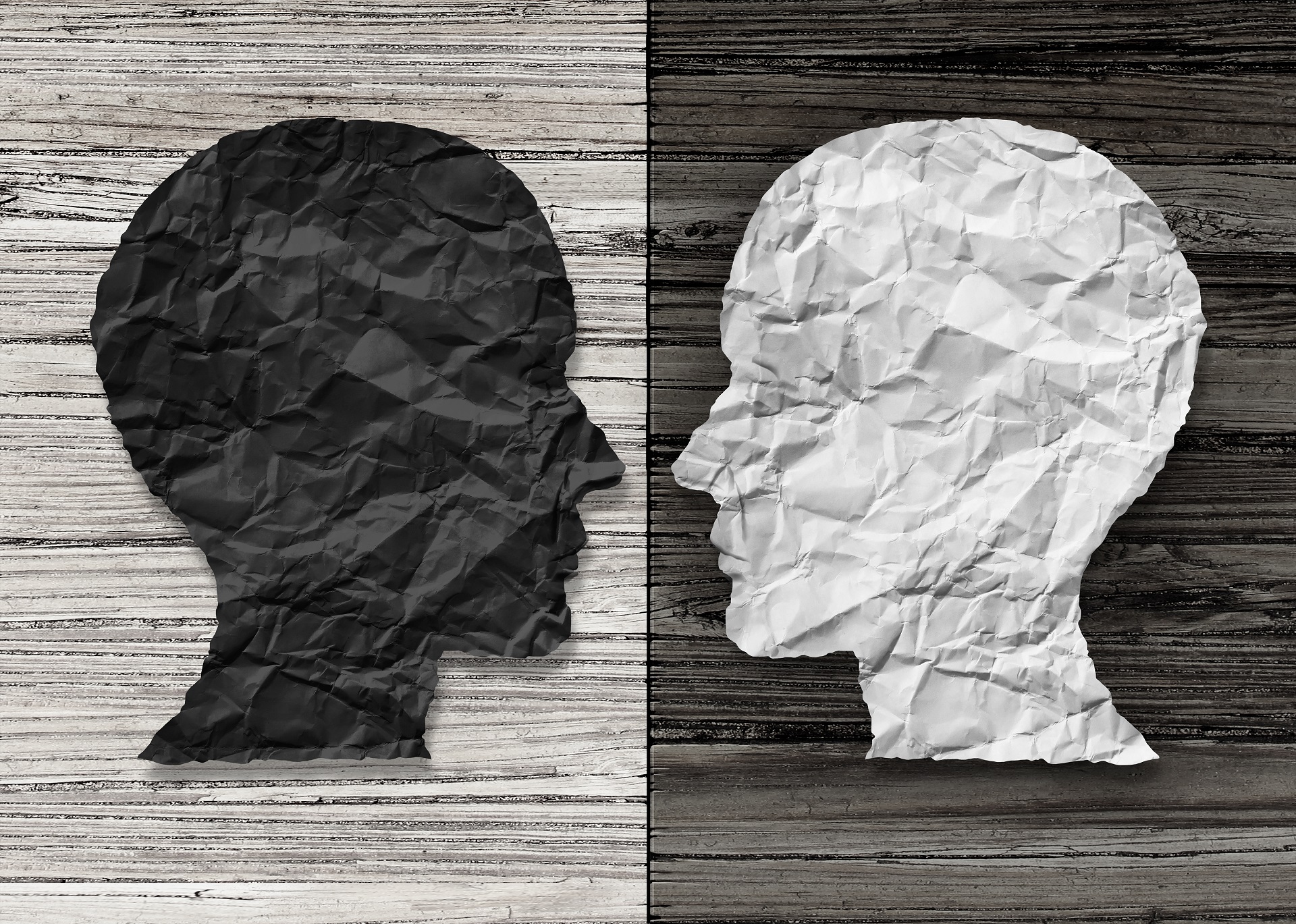
Since bipolar disorder is a significant mental disorder, but not one that’s always easily diagnosed, it’s tough to determine a potential Social Security Disability claim for those affected by severe cases. It’s important to know that the Social Security Administration (SSA) does recognize severe cases as qualifying disabilities. Typically, these cases must demonstrate certain debilitating limitations for Disability Insurance Benefits or SSI approval.
How Bipolar Disorder Can Qualify for Social Security Disability
Bipolar disorder is detailed in Social Security’s impairment listing “12.00 – Mental Disorders – Adult” with a link to “12.04 Depressive, bipolar and related disorders” for more detailed information. The listing highlights several different ways depressive and bipolar disorder could qualify as severe mental illnesses. The description is as follows:
Medical documentation, for bipolar disorder specifically, is characterized by three or more of the following:
-
- Pressured speech;
- Flight of ideas;
- Inflated self-esteem;
- Decreased need for sleep;
- Distractibility;
- Involvement in activities that have a high probability of painful consequences that are not recognized; or
- Increase in goal-directed activity or psychomotor agitation.
AND
Extreme limitation of one, or marked limitation of two, of the following areas of mental functioning
-
- Understand, remember, or apply information
- Interact with others
- Concentrate, persist, or maintain pace
- Adapt or manage oneself
OR
The mental disorder is “serious and persistent;” that is, you have a medically documented history of the existence of the disorder over a period of at least 2 years, and there is evidence of both:
-
- Medical treatment, mental health therapy, psychosocial support(s), or a highly structured setting(s) that is ongoing and that diminishes the symptoms and signs of your mental disorder, and
- Marginal adjustment – minimal capacity to adapt to changes in your environment or to demands that are not already part of your daily life.
The only way to quantify the severity of any bipolar disorder for Social Security purposes is to have it formally diagnosed by a mental health professional. Family and friend statements can also help prove the merit of a serious illness.
However, this is just a broad overview of how bipolar disorders may qualify for Disability Insurance Benefits or SSII. An initial denial is fairly common if the disorder is not appropriately documented. If you’ve been denied in Oregon, it may be time to consult a Social Security attorney. For those working through this process in Eugene or Albany, call Drew L. Johnson, P.C. today at (541) 434-6466 to learn more and schedule a free consultation.

